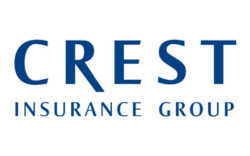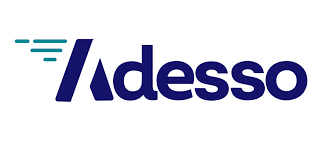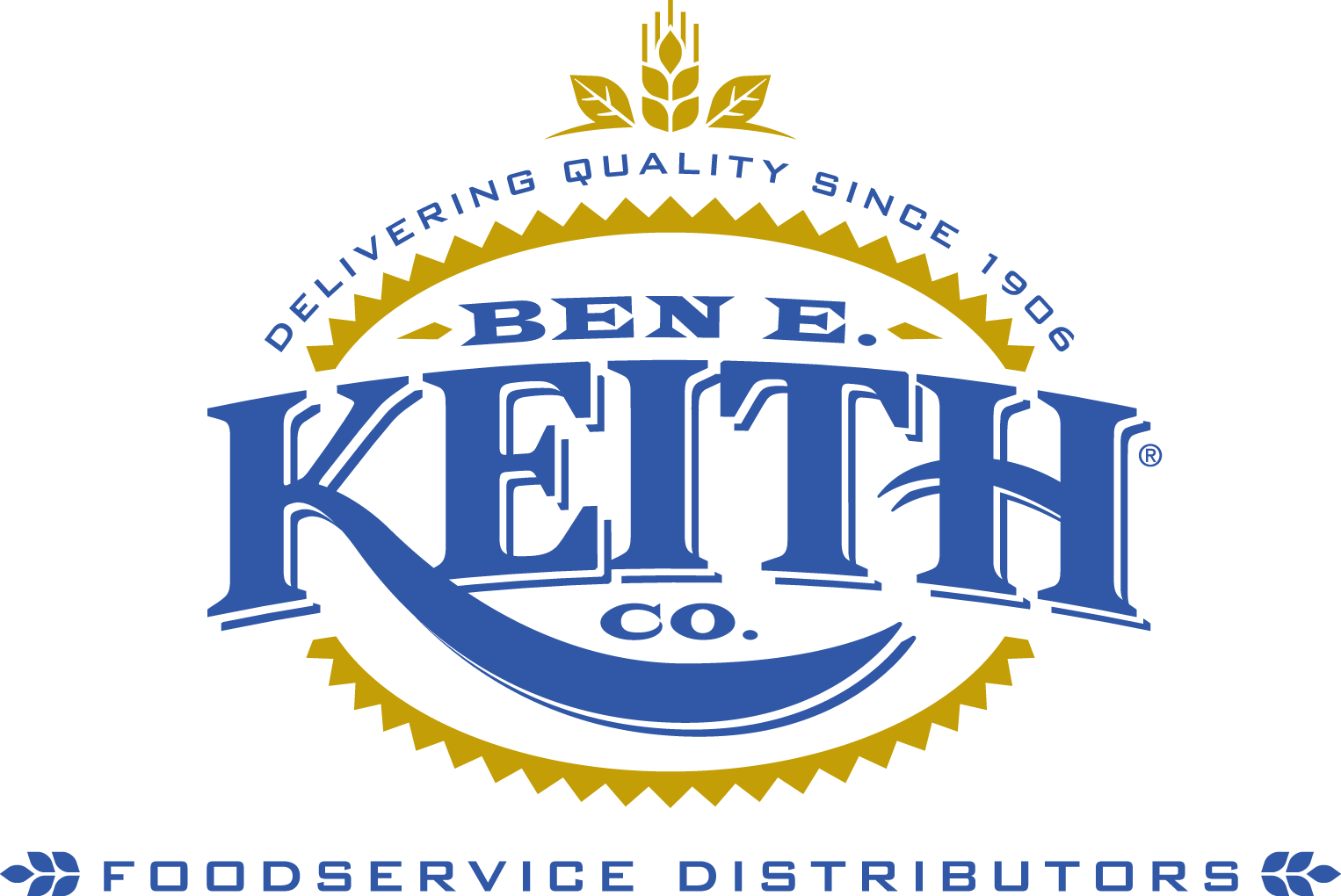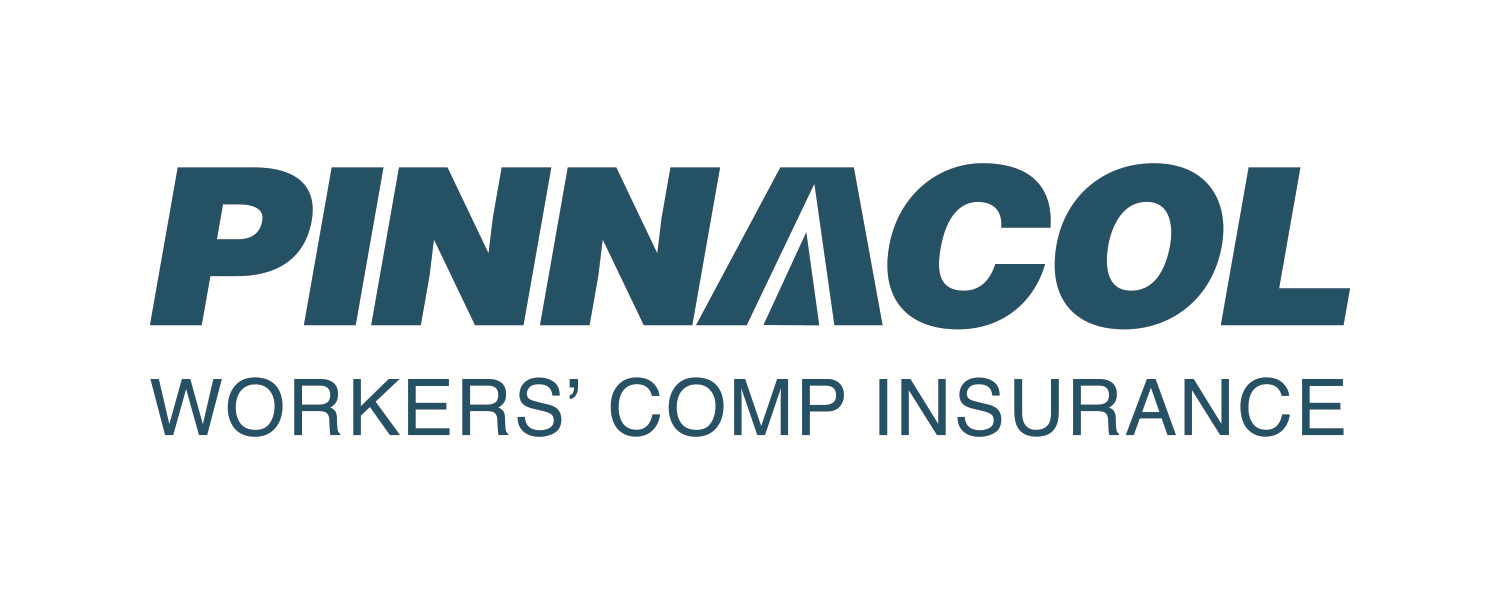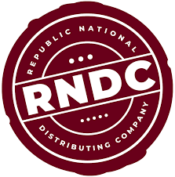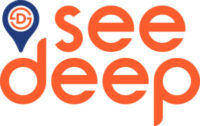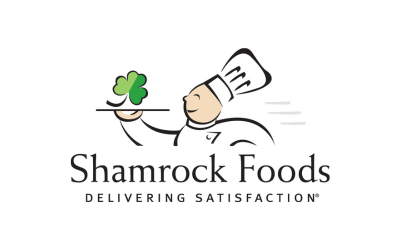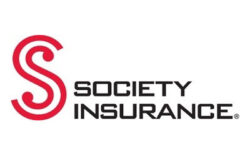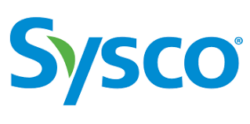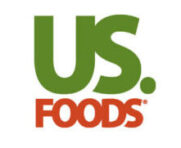The Mile High Chapter Hardship Fund
The Mile High Hardship Fund is a program of the Colorado Restaurant Association (CRA) Mile High Chapter, a 501(c)(6) non-charitable organization. The CRA Mile High Chapter is proud to provide zero-interest emergency loans to our hospitality employees through our philanthropic foundation.
From helping with cost-of-living expenses due to injury, illness, or natural disaster, the CRA Mile High Chapter partners with the industry to provide one-time crisis loans to members of Denver’s hospitality community facing unanticipated hardship.
The Hardship Fund is a safety network for workers who are employed but are experiencing general hardship. The CRA Mile High Chapter provides zero-interest loans of up to $1,000 to those in crisis. Under certain circumstances, the board can vote to approve a greater amount. Funding for the Hardship Fund comes from a variety of sources including personal donations, corporate partnerships, and events.
How does the Hardship Fund work?
Hospitality employees facing an unforeseen hardship may submit a loan application by emailing milehighhardship@gmail.com. Loan applications, disbursements, and repayments are managed by the Mile High Chapter’s partner, the Community Impact Fund.
Who can apply?
- Current employees in the Colorado restaurant/hospitality industry, who work within the Mile High Chapter metro-Denver region
- If a worker in need lives outside of the geographic limits, the Mile High Chapter will provide resources to apply for the Angel Relief Fund through the Colorado Restaurant Foundation.
How do I apply?
Send an email to milehighhardship@gmail.com explaining the hardship. It is our intent to respond within 72 hours.
Eligibility
Hardship fund grants are available for any metro Denver hospitality employee who:
- Has a primary source of income rooted in food and beverage
- Lives in metro Denver and is facing an unanticipated hardship (within the past 6 months)
- Has worked at current employer for at least 90 days (considerations may be given from previous employer)
- Encounters an unexpected, unforeseen, non-recurring emergency
Eligible Hardships
Unanticipated hardships fit into one of the following categories:
- Injury caused by an accident, such as a slip, fall, or crash
- Debilitating illness or health issue resulting in inability to work for more than two weeks (for example, a heart attack)
- Death of an immediate family member imposing a financial burden on the worker
- Disaster, such as flood, fire, or storm damage (to name a few) causing disruption of a worker’s job or ability to work
- Illness of a spouse (or spouse equivalent) or dependent child imposing a financial burden or causing a disruption of ability to work
- Mental health-care needs that arise from one of the categories above

